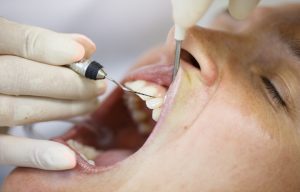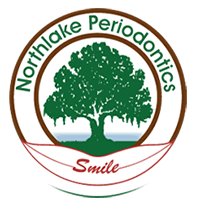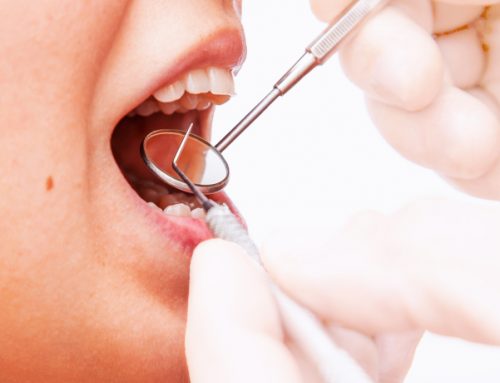Causes Of Gum Disease
 Gum disease can impact everybody. Usually people don’t show signs of gum disease until they are in the 30’s or 40’s. There are several causes for gum diseases. Here is a look at some reasons why you can get gum disease and what you can do to protect yourself.
Gum disease can impact everybody. Usually people don’t show signs of gum disease until they are in the 30’s or 40’s. There are several causes for gum diseases. Here is a look at some reasons why you can get gum disease and what you can do to protect yourself.
Causes & What You Can Do
Plaque can cause gum diseases. Plaque is a sticky film that is always on your teeth. Bacteria that live in the plaque can cause your body to react and make your gums become red, puffy and swollen. Plaque can harden when it’s left on your teeth and gums. Hardened plaque is also called tartar. If tartar is not removed, it can build up around your teeth. This makes it harder to clean them. Gums that are red, puffy and swollen also start to pull away from your teeth. These pockets give bacteria a place to collect and grow.
The bacteria in your pockets will cause your gum disease to get worse. The pockets can get infected. These bacteria produce toxins, which cause your body to break down the gum tissues and bone around your teeth.
To prevent gum disease, brush your teeth twice a day with fluoride toothpaste for 2 minutes. Clean between your teeth with floss, or another between-the-teeth cleaner every day to remove plaque and food from areas your toothbrush can’t reach. Your dentist or hygienist may even recommend using a germ killing mouth-rinse or other products. Eat a healthy diet that limits sugary beverages and snacks. Just remember, it usually costs much less to keep your teeth and gums healthy than to wait until you have a problem that needs to be treated.

